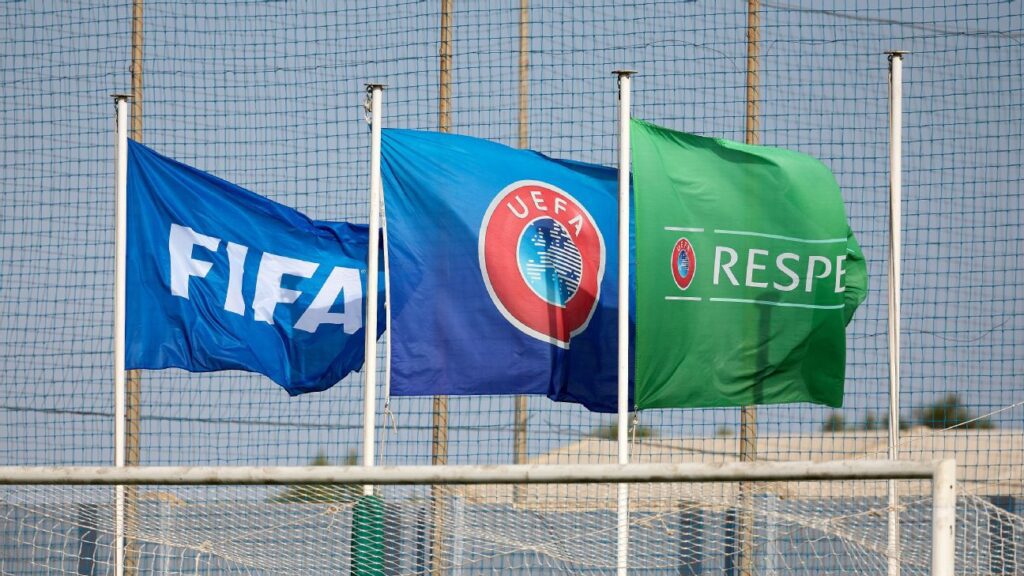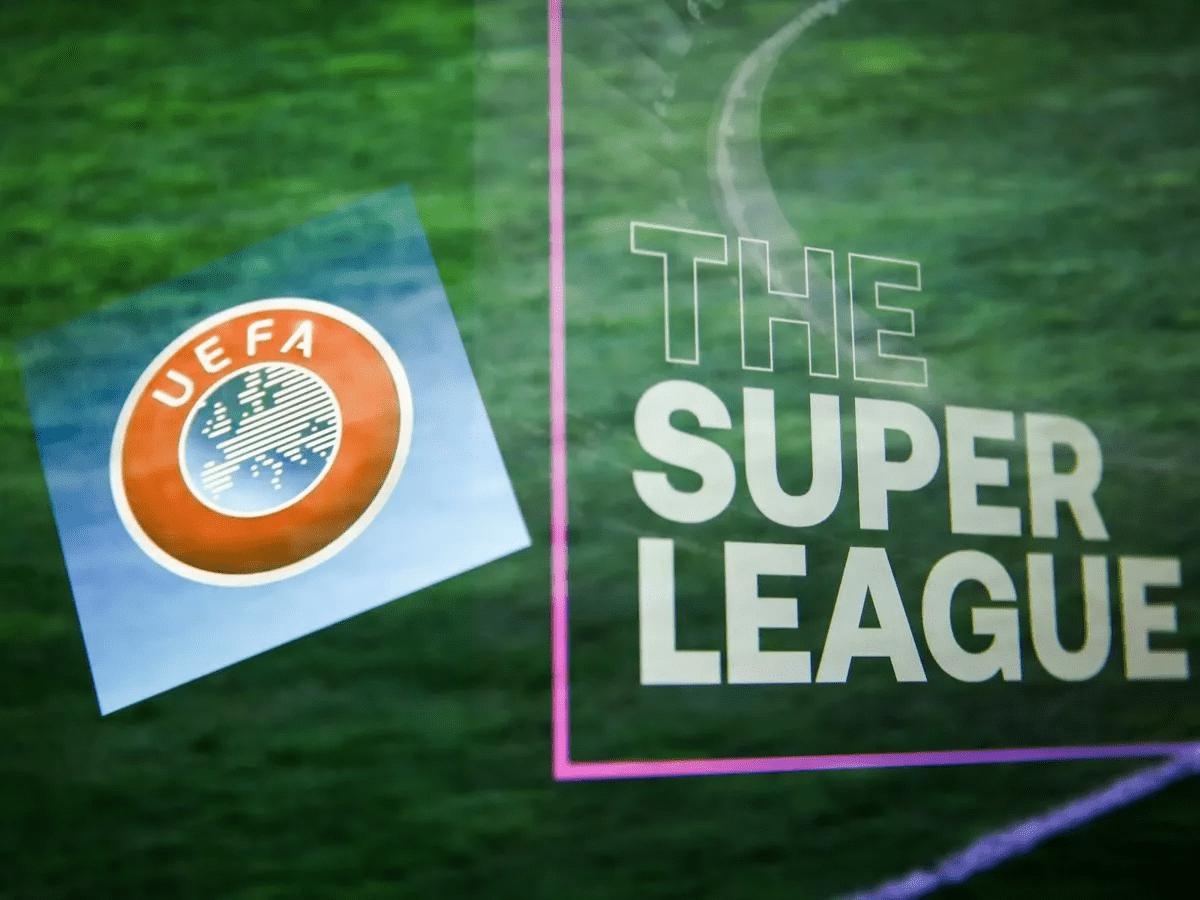In a landmark decision that has sent shockwaves through the world of European football, the European Union’s highest court has struck down efforts by FIFA and UEFA to block the formation of the controversial Super League. This ruling not only challenges the traditional power structures within the sport but also sets a precedent for the future of football governance, potentially paving the way for dramatic changes in the world’s most popular sport.

The Heart of the Controversy
The controversy began when a group of Europe’s most prestigious football clubs announced plans to create a breakaway Super League. This proposed league aimed to rival the UEFA Champions League, promising more games between top teams and, crucially, more revenue. FIFA and UEFA quickly condemned the proposal, threatening to ban participating clubs and players from other competitions and national teams. This standoff has now reached a critical juncture with the EU Court’s ruling.
The EU Court’s Ruling: A Game Changer
The European Union Court’s decision to invalidate FIFA and UEFA’s block on the Super League is a groundbreaking development. The court found that the governing bodies’ threats to sanction clubs and players violated EU competition laws, emphasizing that such measures were disproportionately restrictive to the principles of free competition.
Implications for Football Governance
This ruling has profound implications for the governance of football in Europe and potentially worldwide. By challenging the monopolistic control exerted by FIFA and UEFA over European football, the court has opened the door for new competitions and business models to emerge. This decision signals a shift towards a more liberalized approach to the organization of football competitions, emphasizing the need for governance structures that promote competition and innovation.
The Response from FIFA and UEFA
The response from FIFA and UEFA to the court’s ruling has been one of disappointment and concern. Both organizations have long defended their regulatory frameworks as essential for preserving the integrity of the sport, promoting parity among clubs, and ensuring the equitable distribution of resources. They argue that the introduction of the Super League could exacerbate inequalities within the sport, creating a closed shop where only the wealthiest clubs can compete.
The Future of the Super League
With the legal roadblock removed, the consortium behind the Super League may feel emboldened to proceed with their plans. However, the project still faces significant hurdles, not least of which is winning over fans, many of whom have been vocal in their opposition to the concept. The Super League proponents will need to address concerns about the impact on domestic leagues, the meritocratic principles of promotion and relegation, and the potential for increased financial disparities.
Broader Implications for European Football
The EU Court’s ruling extends beyond the immediate controversy of the Super League, posing broader questions about the future of European football.
The Impact on Domestic Leagues
One of the major concerns surrounding the Super League is its potential impact on domestic competitions. Critics argue that it could divert resources and attention away from national leagues, undermining their competitiveness and financial viability. The ruling forces a reevaluation of how European competitions are structured and the relationship between domestic and continental tournaments.
The Financial Implications
The financial implications of the ruling are significant. The Super League promises to generate substantial revenue for participating clubs, potentially widening the financial gap between them and those left out. However, it also challenges the current economic model of European football, where revenues from UEFA competitions are distributed across a wider range of clubs and leagues.
The Need for Reform
This moment could serve as a catalyst for broader reforms within football governance. The ruling highlights the need for FIFA and UEFA to adapt their regulatory frameworks to align with competition laws while still fulfilling their roles in promoting fairness and integrity within the sport. It may prompt a reevaluation of how football competitions are organized, governed, and commercialized, ensuring they serve the interests of all stakeholders: clubs, players, and fans alike.
Conclusion
The EU Court’s decision to strike down FIFA and UEFA’s block on the Super League marks a pivotal moment in the history of European football. It challenges the existing power dynamics and opens up a debate on the future direction of the sport. While the path forward remains uncertain, one thing is clear: the world of football governance will never be the same again.
This ruling not only underscores the importance of competition laws in shaping the business of sport but also reflects the changing landscape of football, where traditional institutions must adapt to the evolving demands of clubs, players, and fans. As the dust settles on this historic verdict, the football community must come together to forge a future that respects the heritage of the game while embracing innovation and progress.
Visit Unicorn Blogger For More Articles & Blogs !





















Leave a Reply